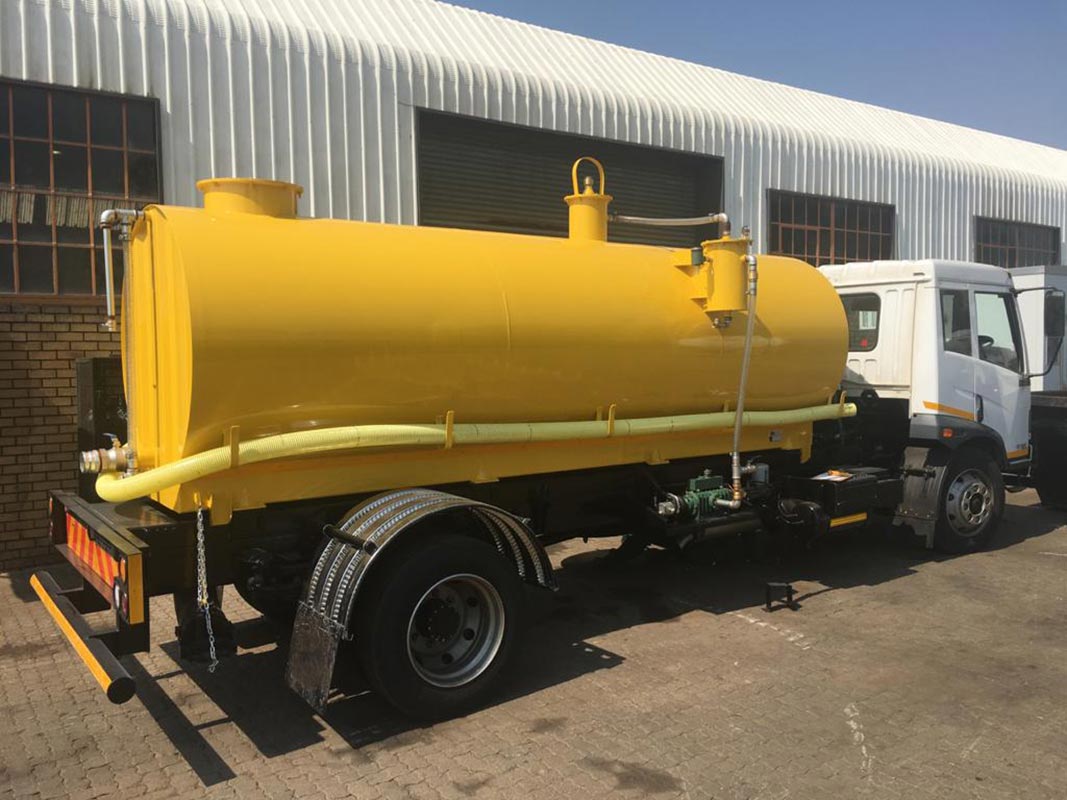We @ 0721155332 offer sewage Honey sucker services Njoro Egerton Nakuru Molo Elburgon London Kiamunyi Lanet Kiti Menengai Store Mbili Kihingo & Ngata.

Nakuru, a rapidly growing city in Kenya, has been experiencing significant infrastructure development to support its economic and social expansion. Here is an overview of the key infrastructure components in Nakuru:
1. Transportation Infrastructure
- Road Network: Nakuru is connected by an extensive road network, including the Nairobi-Nakuru-Eldoret highway, which is a major corridor linking Kenya’s capital to the western regions. Efforts are ongoing to expand and improve roads to handle the increasing traffic and support trade.
- Public Transport: The city has a robust matatu (minibus) and boda boda (motorcycle taxi) system, which is essential for local transportation. Upgrades have been made to public transport terminals to streamline traffic flow and enhance passenger safety.
- Railway System: Nakuru is part of Kenya’s railway network, with a line connecting it to Nairobi and other parts of the country. The revival of the railway has been prioritized for cargo and passenger transport, especially with plans to connect to the standard gauge railway (SGR) in the future.
- Airport: Nakuru is developing its own airport, which will facilitate domestic and regional air travel and boost tourism and business.
2. Water and Sanitation
- Water Supply: Nakuru has several sources of water, including rivers, boreholes, and the nearby Lake Nakuru. The Nakuru Water and Sanitation Services Company (NAWASSCO) manages water distribution, but challenges with water supply reliability persist, prompting ongoing projects to improve infrastructure.
- Sewerage System: The city has been upgrading its sewerage and sanitation facilities to accommodate the growing population. Wastewater treatment plants are being expanded to ensure proper sewage management and environmental protection.
3. Energy Infrastructure
- Electricity: Nakuru is connected to the national power grid and has a steady electricity supply, but occasional outages can occur. Efforts have been made to integrate renewable energy sources, such as solar power, to enhance reliability.
- Street Lighting: The city has been investing in street lighting, particularly in urban areas, to improve security and promote economic activities in the evening.
4. Housing and Urban Development
- Residential Areas: Nakuru has a mix of formal housing estates and informal settlements. There has been a surge in real estate development, with new residential and commercial projects being undertaken to meet the growing demand for housing.
- Urban Planning: As Nakuru continues to urbanize, urban planning has become a priority. The local government is working on zoning regulations and upgrading informal settlements to improve living conditions.
5. Healthcare Facilities
- Hospitals and Clinics: Nakuru has several healthcare facilities, including the Nakuru Level 5 Hospital, which serves as a referral center for the region. There are ongoing investments to upgrade and expand healthcare infrastructure to cater to the city’s growing population.
6. Education Infrastructure
- Schools and Universities: Nakuru is home to numerous primary and secondary schools, both public and private. Institutions of higher learning, such as Egerton University and Kabarak University, contribute to the educational development of the region.
- Technical and Vocational Training: The city has technical and vocational training centers that offer skills-based education to support the local labor market.
7. Communication and Technology
- Telecommunication: Nakuru has good coverage of mobile networks, with service providers like Safaricom, Airtel, Telkom Kenya and Honey sucker services Njoro in Nakuru. Internet services are widely available, and there has been an increase in the use of digital technologies.
- ICT Infrastructure: The county government has initiatives to improve ICT access, including plans to establish innovation hubs to promote entrepreneurship and tech development.
8. Tourism Infrastructure
- Lake Nakuru National Park: A major attraction, the park has infrastructure to support tourism, such as roads, lodges, and viewing points. The city also has cultural and historical sites that attract visitors.
- Hotels and Resorts: The hospitality industry is well developed, with a variety of accommodation options ranging from budget lodgings to luxury resorts.
- Local Markets: Njoro has vibrant local markets where farmers sell fresh produce, and residents can buy essential goods. The markets are a key part of the area’s economy, supporting both small-scale and large-scale traders.
- Small Businesses: There are numerous small businesses, including shops, hardware stores, restaurants, and agribusiness enterprises that contribute to the local economy.
- Industries: The presence of Egerton University has also spurred economic growth in the area, with businesses catering to the student population and university staff.
9. Industrial and Commercial Infrastructure
- Industrial Parks: Nakuru has industrial areas that host manufacturing and processing plants. The city’s strategic location makes it a hub for trade and industry, with plans to establish more industrial parks to boost economic growth.
- Markets and Shopping Centers: The city has vibrant markets, shopping malls, and commercial centers that support retail and wholesale trade.
10. Environmental Management
- Waste Management: The city has waste collection and disposal services, but the rapid population growth has put pressure on these systems and thus need of Honey sucker services Njoro Egerton Nakuru. Initiatives are underway to improve solid waste management and recycling efforts.
- Green Spaces: Nakuru is known for its scenic landscapes, and efforts are being made to protect natural resources, such as Lake Nakuru and the surrounding ecosystem, while balancing urban development.